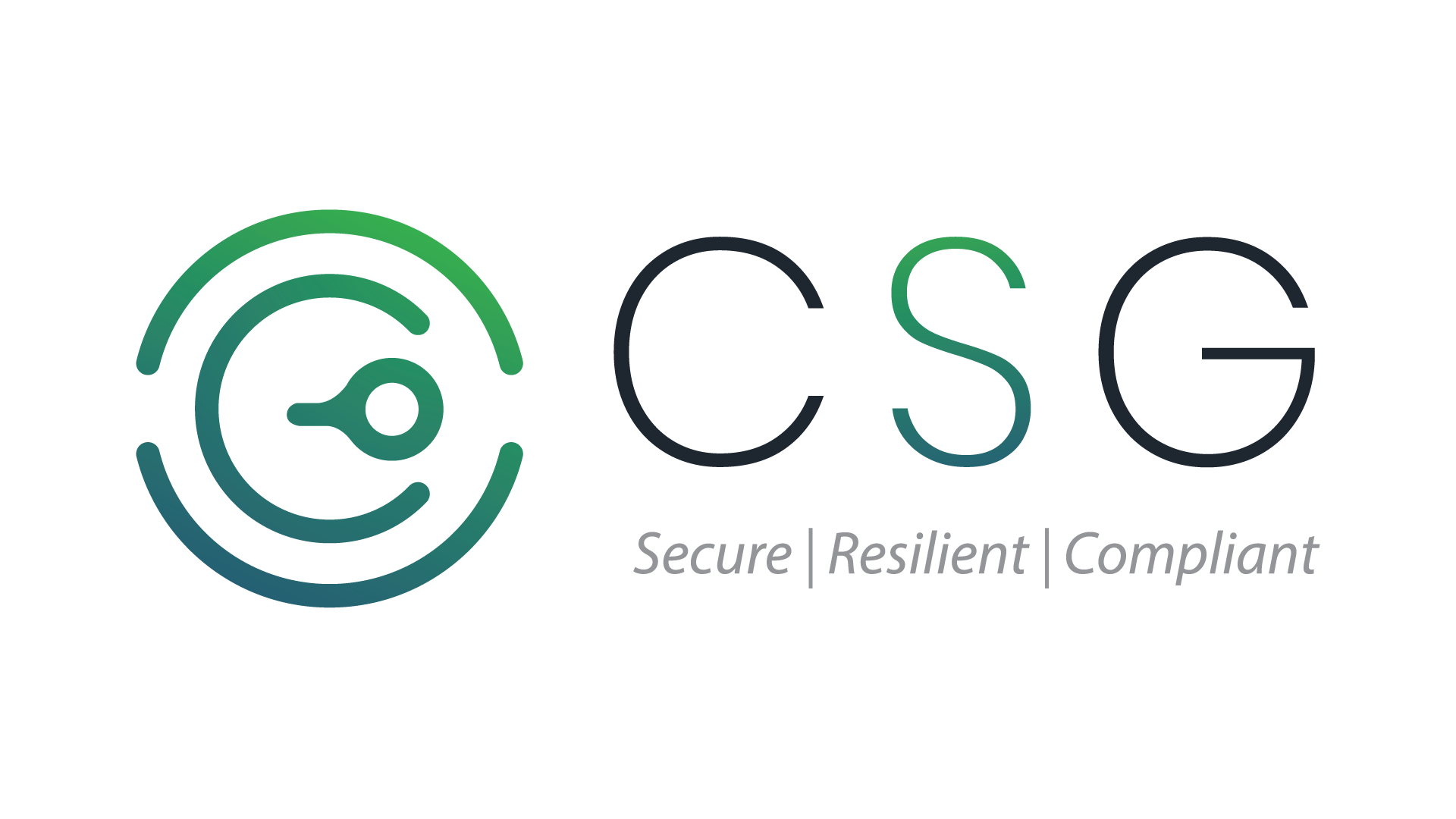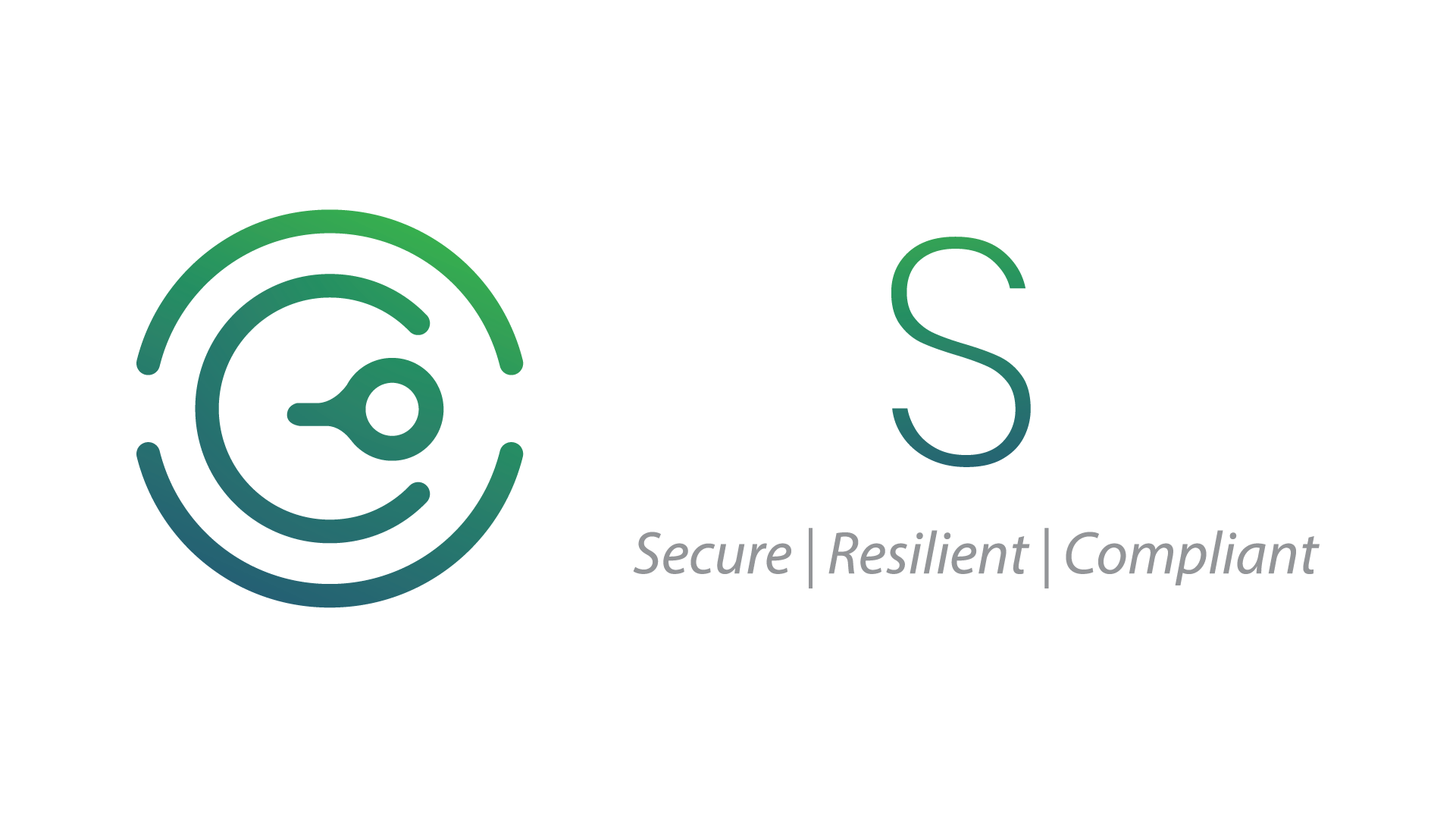
Why Regular Security Audits Are Critical for Businesses in Bahrain
As Bahrain continues to embrace digital transformation, businesses across various sectors are increasingly reliant on technology to drive efficiency, innovation, and growth. However, this dependence also exposes them to the escalating risks of cyberattacks, data breaches, and regulatory penalties. Regular security audits are essential for safeguarding sensitive data, ensuring compliance, and maintaining trust among customers and stakeholders. This article delves into why security audits are critical for Bahraini businesses, the steps to conduct them effectively, and how they support long-term resilience.
1. Introduction
The digital era has brought immense opportunities for businesses in Bahrain, but it has also introduced new challenges. With cyber threats becoming more sophisticated and frequent, companies face significant risks that can disrupt operations, damage reputations, and incur financial losses. Security audits provide a proactive approach to identifying vulnerabilities, ensuring compliance with regulatory standards, and fortifying an organization’s cybersecurity posture.
Key Statistics:
- According to a 2023 report, the average cost of a data breach in the GCC, including Bahrain, is $4 million per incident.
- Bahrain’s Personal Data Protection Law (PDPL) imposes stringent requirements for data security, with fines of up to BD 20,000 for non-compliance.
Importance of Security Audits:
- Preventing cyberattacks and data breaches.
- Demonstrating compliance with local and international regulations.
- Enhancing customer trust and confidence.
In this high-stakes environment, regular security audits are not just a technical requirement—they are a business imperative.
2. Understanding Security Audits
a. What is a Security Audit?
A security audit is a systematic evaluation of an organization’s IT infrastructure, policies, and practices to identify vulnerabilities, assess risks, and ensure compliance with security standards. It provides a comprehensive snapshot of an organization’s cybersecurity health.
Types of Security Audits:
- Internal Audits: Conducted by in-house teams to monitor compliance with internal policies.
- External Audits: Performed by third-party experts for unbiased assessments.
- Third-Party Compliance Audits: Ensures vendors and partners adhere to required security standards.
b. Key Components of a Security Audit:
- Risk Assessment: Identifies potential threats and evaluates their impact on business operations.
- Policy Review: Ensures security policies are up-to-date and aligned with industry best practices.
- Infrastructure Testing: Analyzes hardware, software, and network systems for vulnerabilities.
- Compliance Check: Verifies adherence to regulatory requirements such as PDPL, ISO 27001, and GDPR.
Example Code for Risk Assessment:
# Basic risk assessment framework
risks = [
{“threat”: “Phishing Attacks”, “likelihood”: 8, “impact”: 7},
{“threat”: “Ransomware”, “likelihood”: 6, “impact”: 9},
{“threat”: “Insider Threats”, “likelihood”: 5, “impact”: 8}
]
for risk in risks:
risk_score = risk[“likelihood”] * risk[“impact”]
if risk_score > 50:
print(f”Critical Risk: {risk[‘threat’]} – Score: {risk_score}”)
else:
print(f”Moderate Risk: {risk[‘threat’]} – Score: {risk_score}”)
c. Benefits of Regular Security Audits:
- Proactive Risk Management: Detect and mitigate vulnerabilities before they are exploited.
- Operational Efficiency: Streamline processes by identifying inefficiencies in IT systems.
- Enhanced Compliance: Meet regulatory requirements and avoid penalties.
- Improved Trust: Reassure customers and stakeholders of robust security measures.
3. Why Security Audits Are Critical for Bahrain Businesses
a. Regulatory Compliance
Bahrain’s regulatory landscape mandates robust security measures for organizations handling sensitive data. Key regulations include:
- PDPL: Bahrain’s Personal Data Protection Law requires organizations to safeguard personal data and report breaches promptly.
- ISO 27001: Many businesses in Bahrain adopt this international standard for information security management systems (ISMS).
- Industry-Specific Regulations: Sectors like finance and healthcare have additional compliance requirements to ensure data protection.
b. Mitigating Cyber Threats
Bahrain is not immune to the rising tide of cyberattacks in the GCC. Security audits play a pivotal role in:
- Identifying vulnerabilities that could be exploited by ransomware, phishing, or insider threats.
- Strengthening network defenses to prevent unauthorized access.
- Ensuring that incident response plans are tested and effective.
c. Data Protection and Reputation Management
In an era where data breaches make headlines, protecting sensitive information is essential for maintaining customer trust. Security audits:
- Help identify gaps in data protection practices.
- Ensure encryption and access controls are in place.
- Prevent reputational damage by proactively addressing security flaws.
d. Supporting Business Continuity
Regular security audits ensure businesses can:
- Respond swiftly to cyber incidents.
- Minimize downtime and financial losses.
- Maintain seamless operations, even during crises.
a. Define Objectives and Scope
- Establish clear goals, such as compliance verification or risk identification.
- Determine the scope of the audit, including systems, networks, and applications to be assessed.
b. Gather and Analyze Data
- Collect information on current security policies, system configurations, and network activity.
- Use tools like Splunk for log analysis and SolarWinds for network monitoring.
c. Perform Vulnerability Assessments and Penetration Testing
- Conduct vulnerability scans using tools like Nessus or OpenVAS.
- Perform ethical hacking to test the organization’s defenses against real-world threats.
d. Review Policies and Procedures
- Evaluate the effectiveness of existing security policies.
- Ensure they align with regulatory requirements and industry best practices.
e. Document Findings and Recommendations
- Summarize audit results in a detailed report, highlighting risks and actionable steps.
- Provide prioritized recommendations for remediation.
f. Implement Changes and Monitor Progress
- Address vulnerabilities identified during the audit.
- Set up continuous monitoring to ensure improvements are maintained.
6. Challenges in Conducting Security Audits
a. Resource Constraints
- High costs of hiring skilled auditors and implementing advanced tools.
- Limited availability of cybersecurity professionals in Bahrain.
b. Complex Regulatory Requirements
- Navigating overlapping local and international compliance standards.
- Addressing sector-specific regulations.
c. Resistance to Change
- Lack of awareness about the importance of security audits.
- Reluctance to adopt new technologies or policies.
7. Benefits of Partnering with Security Experts
Why Work with Professionals?
- Access to advanced tools and methodologies.
- Expertise in local regulations like PDPL.
- Proactive recommendations to strengthen security defenses.
- Cost-effective solutions tailored to business needs.
8. Conclusion
Regular security audits are essential for businesses in Bahrain to stay ahead of cyber threats, ensure compliance, and protect sensitive data. By conducting thorough audits, addressing vulnerabilities, and leveraging professional expertise, organizations can build robust defenses that safeguard their operations and reputation.
Partner with Centre Systems Group for comprehensive security audits designed to meet Bahrain’s unique regulatory and cybersecurity requirements. Contact us today to secure your business.
Frequently Asked Questions
What is a security audit?
A security audit evaluates an organization\u2019s IT infrastructure, policies, and practices to identify vulnerabilities and ensure compliance.
Why are security audits important in Bahrain?
They help businesses comply with Bahrain\u2019s PDPL and protect against rising cyber threats in the region.
How often should businesses conduct security audits?
Quarterly or bi-annual audits are recommended, depending on the industry and regulatory requirements.
What tools are used for security audits?
Tools like Nessus, Qualys, and Metasploit are popular for vulnerability assessments and penetration testing.
What are the consequences of failing a security audit?
Businesses risk regulatory fines, data breaches, operational downtime, and reputational harm.
How do audits support data protection?
They identify weaknesses in data storage, encryption, and access controls, ensuring robust protection.
What sectors in Bahrain need regular audits the most?
Finance, healthcare, and e-commerce sectors are high-priority due to their sensitive data.
Can SMEs benefit from security audits?
Yes, audits help SMEs identify cost-effective security improvements and meet compliance standards.
What is the role of compliance in security audits?
Audits ensure businesses adhere to PDPL, GDPR, and other regulatory requirements, avoiding penalties.
How do third-party audits enhance security?
Independent audits provide unbiased assessments and expert recommendations for improvement.



Leave a Reply